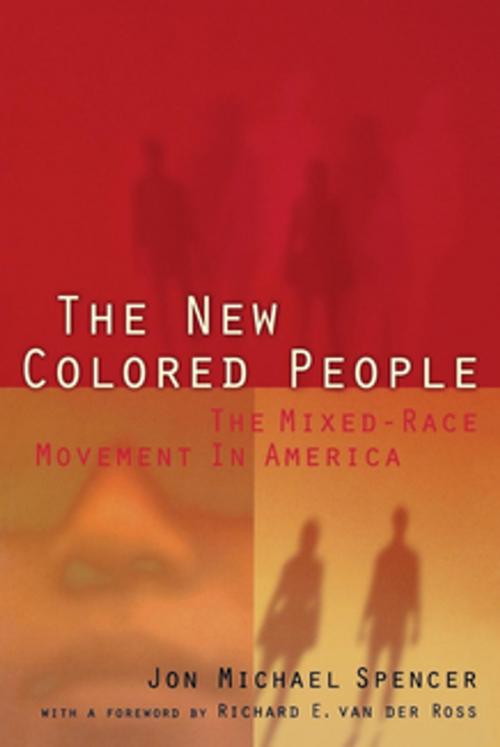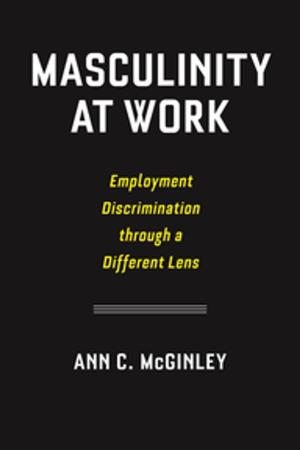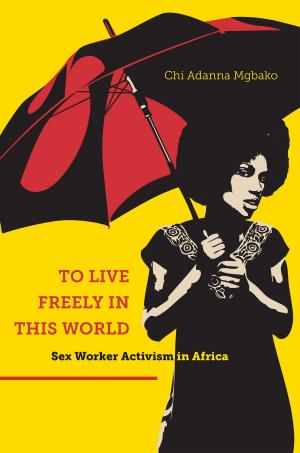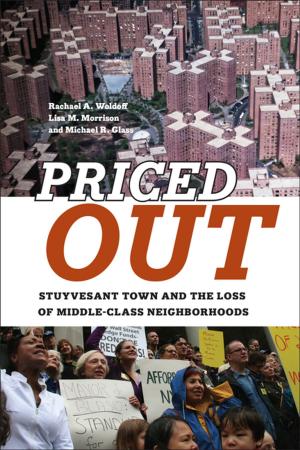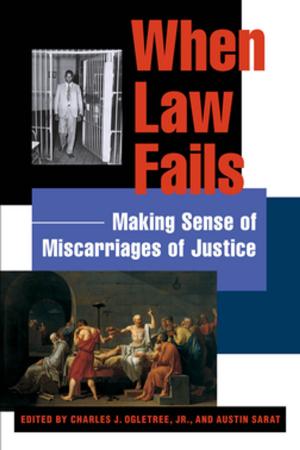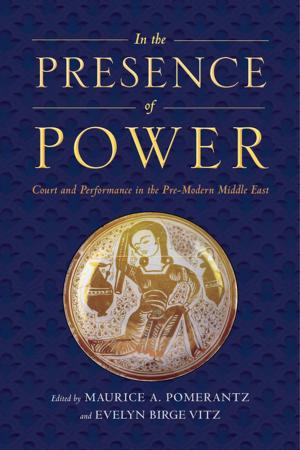The New Colored People
The Mixed-Race Movement in America
Nonfiction, Social & Cultural Studies, Social Science, Cultural Studies, Minority Studies| Author: | Jon M. Spencer | ISBN: | 9780814739808 |
| Publisher: | NYU Press | Publication: | June 1, 1995 |
| Imprint: | NYU Press | Language: | English |
| Author: | Jon M. Spencer |
| ISBN: | 9780814739808 |
| Publisher: | NYU Press |
| Publication: | June 1, 1995 |
| Imprint: | NYU Press |
| Language: | English |
With a foreword by Richard E. Vander Ross
In recent years, dramatic increases in racial intermarriage have given birth to a generation who refuse to be shoehorned into neat, pre-existing racial categories. Energized by a refusal to allow mixed-race people to be rendered invisible, this movement lobbies aggressively to have the category multiracial added to official racial classifications.
While applauding the self-awareness and activism at the root of this movement, Jon Michael Spencer questions its ultimate usefulness, deeply concerned that it will unintentionally weaken minority power. Focusing specifically on mixed-race blacks, Spencer argues that the mixed-race movement in the United States would benefit from consideration of how multiracial categories have evolved in South Africa. Americans, he shows us, are deeply uninformed about the tragic consequences of the former white South African government's classification of mixed-race people as Coloured. Spencer maintains that a multiracial category in the U.S. could be equally tragic, not only for blacks but formultiracials themselves.
Further, splintering people of color into such classifications of race and mixed race aggravates race relations among society's oppressed. A group that can attain some privilege through a multiracial identity is unlikely to identify with the lesser status group, blacks. It may be that the undoing of racial classification will come not by initiating a new classification, but by our increased recognition that there are millions of people who simply defy easy classification.
With a foreword by Richard E. Vander Ross
In recent years, dramatic increases in racial intermarriage have given birth to a generation who refuse to be shoehorned into neat, pre-existing racial categories. Energized by a refusal to allow mixed-race people to be rendered invisible, this movement lobbies aggressively to have the category multiracial added to official racial classifications.
While applauding the self-awareness and activism at the root of this movement, Jon Michael Spencer questions its ultimate usefulness, deeply concerned that it will unintentionally weaken minority power. Focusing specifically on mixed-race blacks, Spencer argues that the mixed-race movement in the United States would benefit from consideration of how multiracial categories have evolved in South Africa. Americans, he shows us, are deeply uninformed about the tragic consequences of the former white South African government's classification of mixed-race people as Coloured. Spencer maintains that a multiracial category in the U.S. could be equally tragic, not only for blacks but formultiracials themselves.
Further, splintering people of color into such classifications of race and mixed race aggravates race relations among society's oppressed. A group that can attain some privilege through a multiracial identity is unlikely to identify with the lesser status group, blacks. It may be that the undoing of racial classification will come not by initiating a new classification, but by our increased recognition that there are millions of people who simply defy easy classification.
